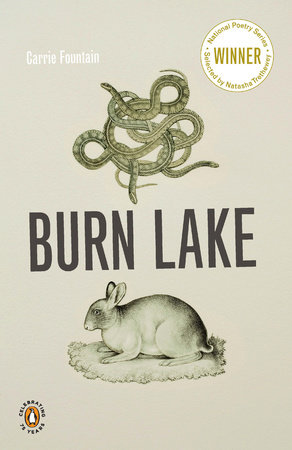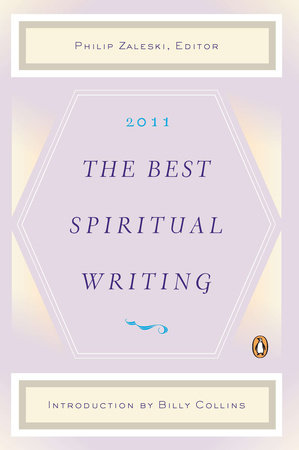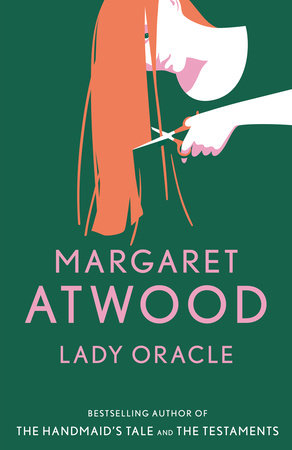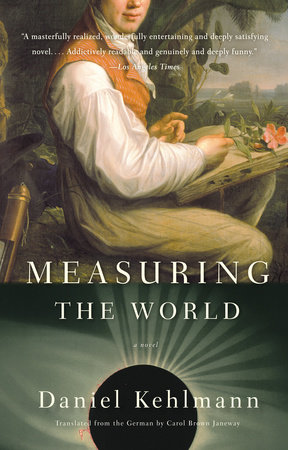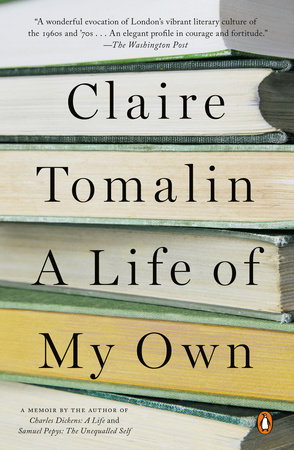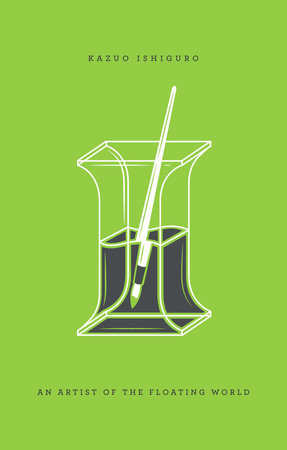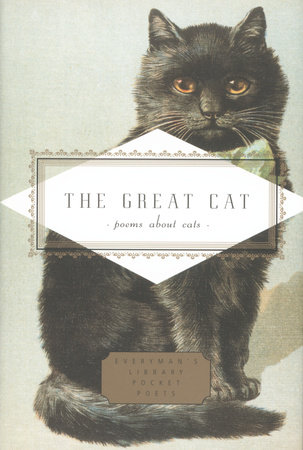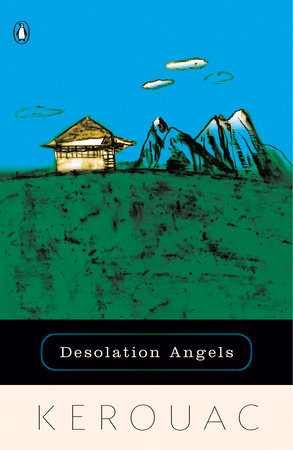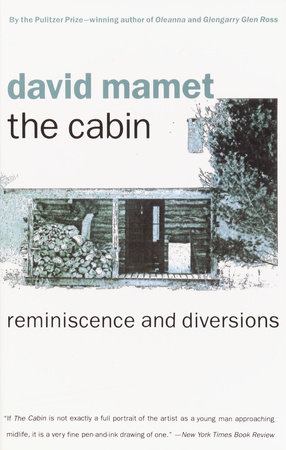A Conversation with Haruki Murakami, author of Sputnik Sweetheart
Q: In 1978 you were in the bleachers of Jingu Stadium watching a baseball game between the Yakult Swallows and the Hiroshima Carp when Dave Hilton, an American, came to bat. According to an oft-repeated story, in the instant that he hit a double, you suddenly realized that you could write a novel. Had you always wanted to write a novel? When you were growing up in Japan, did you dream of being a writer?
A: I like to read, and ever since I became a sentient being, I’ve been reading a lot. So then one would expect that I would want to become a writer, but in fact I never seriously thought that I wanted to become a novelist. Rather, I was more interested in making movies and in college I majored in cinema and theater arts at Waseda University.
The reason I did not think of becoming a writer is very simple. I felt that I possessed neither the talent nor the qualifications to be a good novelist. So I never felt like penning a novel. Rather than writing an inconsequential novel, I would much rather be on the side of reading good novels. But that April afternoon, as I was watching the game at the stadium, I had the sudden notion that "perhaps I too can write a novel." I don’t know why. I think it was a so-called epiphany.
Q: It’s ironic that this epiphany happened at a baseball game, because your work is infused with Western culture — its celebrated writers and pop music. As a writer, do you see your novels within the tradition of the great Japanese writers like Kawabata, Abu, and Mishima or as a part of a new international literary tradition?
A: I don’t think I am particularly Westernized nor do most of my Japanese readers. Led Zeppelin, California Merlot, and Tom Cruise are all part of our daily lives. As a matter of fact one could say that, today, there’s a very natural exchange of information between the East and West, at least on a superficial level. We are variously stimulated by these differing points of view.
I am not part of the immediate tradition of Japanese literature, but I do think a new tradition, which will include myself, is going to be created. That is, needless to say, a wonderful thing.
Q: The publication of Norwegian Wood in Japan was life-changing for you. What has changed since the book’s publication in 1987 and the publication of the English translation this fall?
A: Until Norwegian Wood was published, I was an avant-garde "cult" author popular among young readers. Most of my books sold 100,000 copies but no more. But Norwegian Wood was picked up by readers across generations, sold over 2 million copies and became a phenomenal bestseller.
I’m not really interested in writing novels about realism, but Norwegian Wood is a novel of 100 percent pure realism. I wanted to experiment. I thought it was time to try another genre. And the result was that it sold. I started writing it on a whim, and I didn’t expect it to become a bestseller, so I was surprised.
I personally love this work, but looking at it objectively, I think it is an anomaly among my works. After Norwegian Wood, I have not written any purely realistic novels and have no intention of writing anymore at this time.
Q: Your new novel, Sputnik Sweetheart, seems anchored in everyday life, yet the narrator gradually discovers a world of divided souls and mysterious disappearances. What inspired this story?
A: What inspired me to write this kind of novel? I don’t know. This sort of story comes naturally to me. Rather than stories of "abnormal things happening to abnormal people" or stories of "normal things happening to normal people," I like "stories of abnormal things happening to normal people."
Q: In Sputnik Sweetheart Sumire notes in her journal: "don’t write dreams." So much of your own writing has an other-worldly, dreamlike quality. If you aren’t inspired by your dreams, where do you get your inspiration?
A: Writing a story is like playing out your dreams while you are awake. It’s not about being inspired by your dreams, but about consciously manipulating the unconscious and creating your own dream. I think I am graced with the ability to do that.
Q: With Sputnik Sweetheart you return to a number of recurring motifs and images from your earlier novels. There are women with complicated interior lives, who exist on the edge of insanity; and there is a central character whose cool, detached outlook on life makes him attractive to these women. What is it about this dichotomy that intrigues you?
A: I may have the ability to discern a sort of insanity within women. Why? I don’t know. Aside from that, women serve as mediums (shamans) in my stories. They guide us to dreamlike things, or to the other world. Perhaps this corresponds to something within my own psyche.
Q: You recently wrote your first work of non-fiction, Underground, about the sarin gas attack. What drew you to this story?
A: Everyone asks me that question, but I can’t answer it very well. My most honest answer is that I felt that "I should do it."
I wanted to listen to as many stories and in as much detail as possible from the people who were riding the subway that morning. I was certain that therein lay something worth knowing. Now that I have finished writing the book, that certainly has remained unchanged. Interviewing 65 of the victims at length over the course of a year remains an irreplaceable experience for me.
Q: Did you feel limited or liberated by your role as a journalist? How is non-fiction different from writing novels?
A: Simply put, as a "storyteller" I brought out live accounts from the people’s experiences. Rather than "what is true," I emphasized "what they felt to be true." That’s where the story begins. In that sense, although this is in form a non-fiction work, it is much more a novelist’s work, without a doubt.
Q: How did the Japanese public receive the book?
A: Via letters and e-mail, I received a lot of information from those who were also victims of the attack. But most had suffered light injuries. I wanted to listen to more accounts, but most of my interview requests to the bereaved were turned down. I was sorry about this. In Japanese society, it is thought that those who suffer unfortunate deaths should be left in peace. If a similar thing had occurred in the U. S., I imagine a lot more information would have been made public.
There was a great response from the general readers. Many had been fed up by the monotonous reports made by the television and newspapers, so they were very shocked by this information, which had a completely different angle. That is exactly what I’d been hoping for.
One of the themes I wanted to write about in this book was, "What is Japanese?" By writing a detailed account of the people who happened to be riding the subway the morning of March 20, 1995, I wanted to get to that question. This question intrigues me because I’ve found that in this gigantic capitalist society, it is difficult to be an individual.






